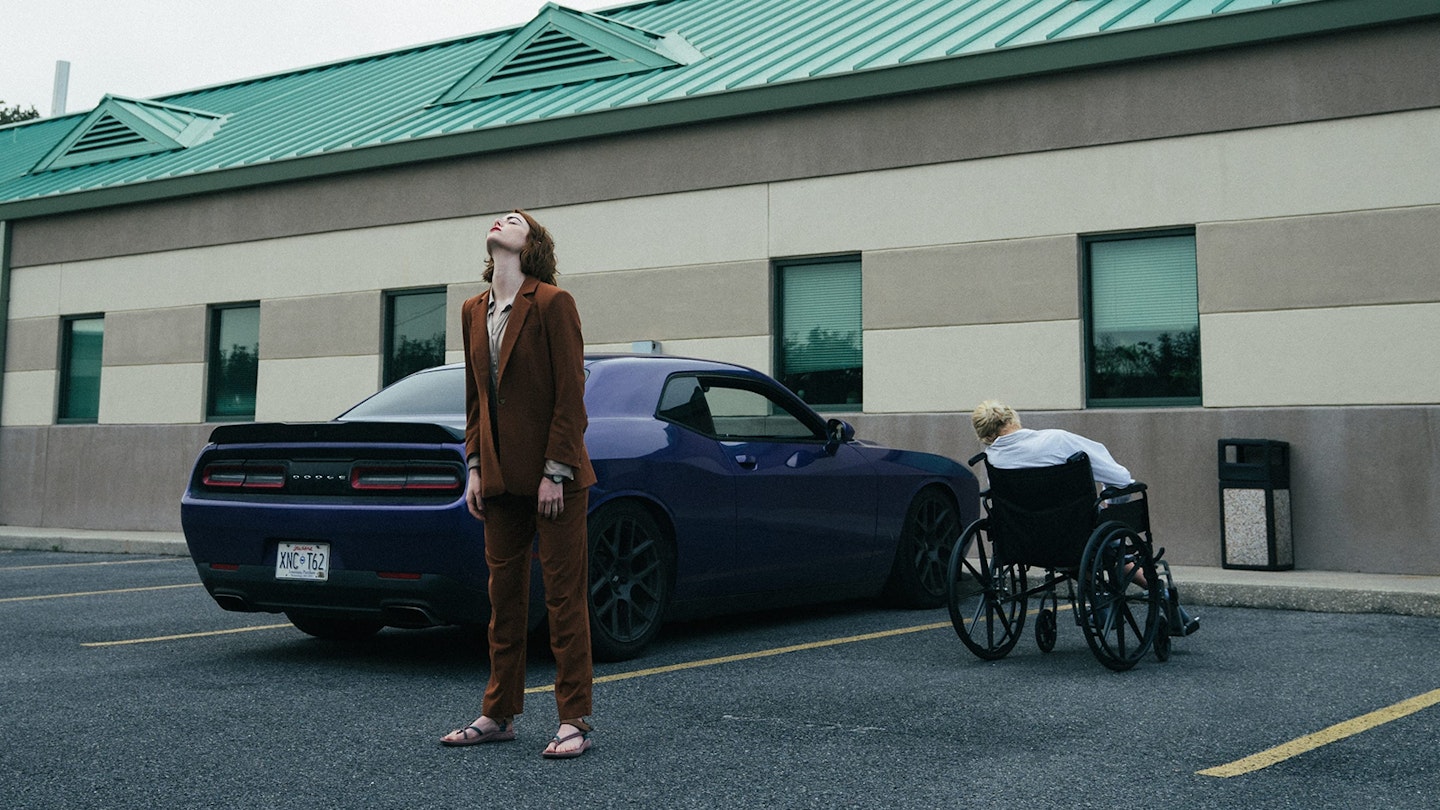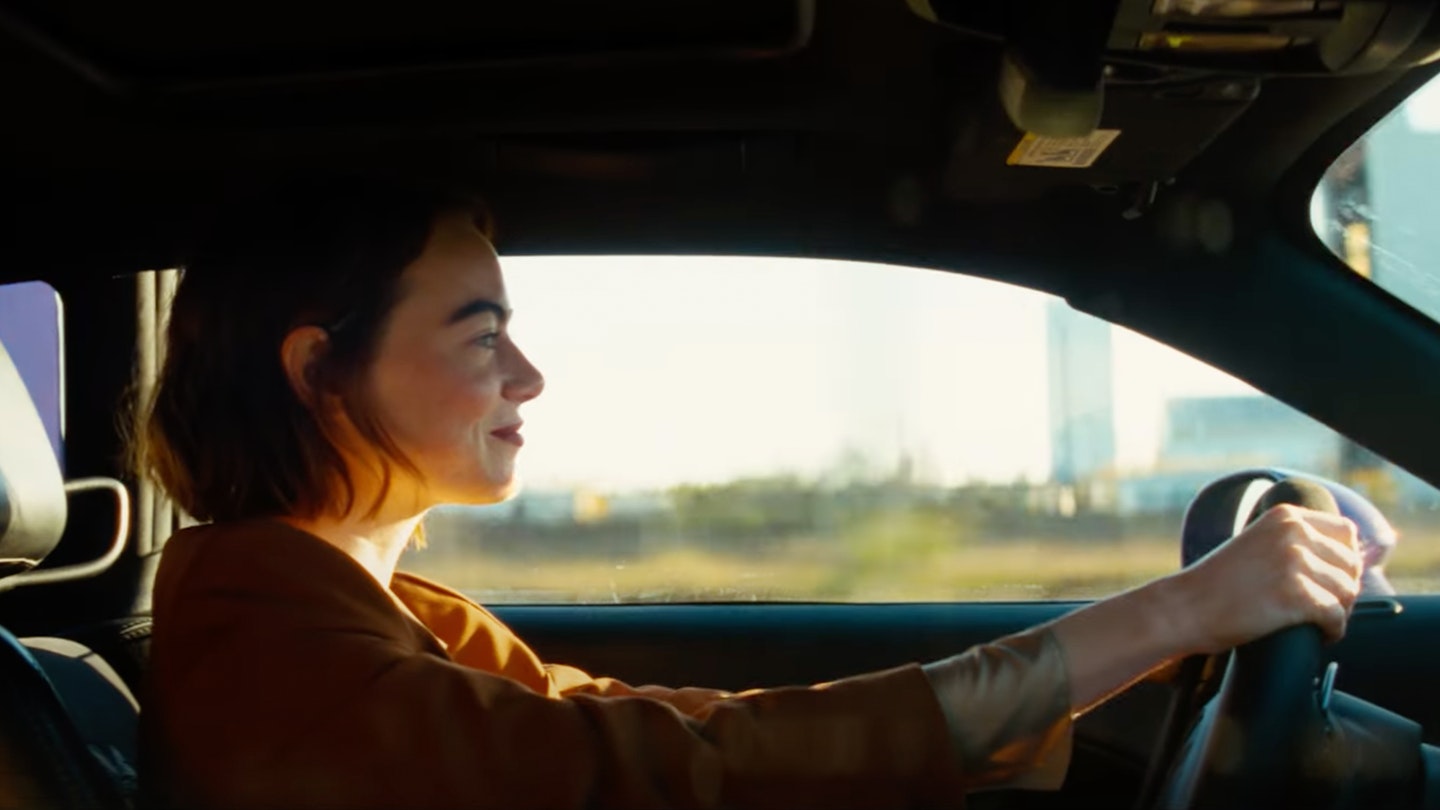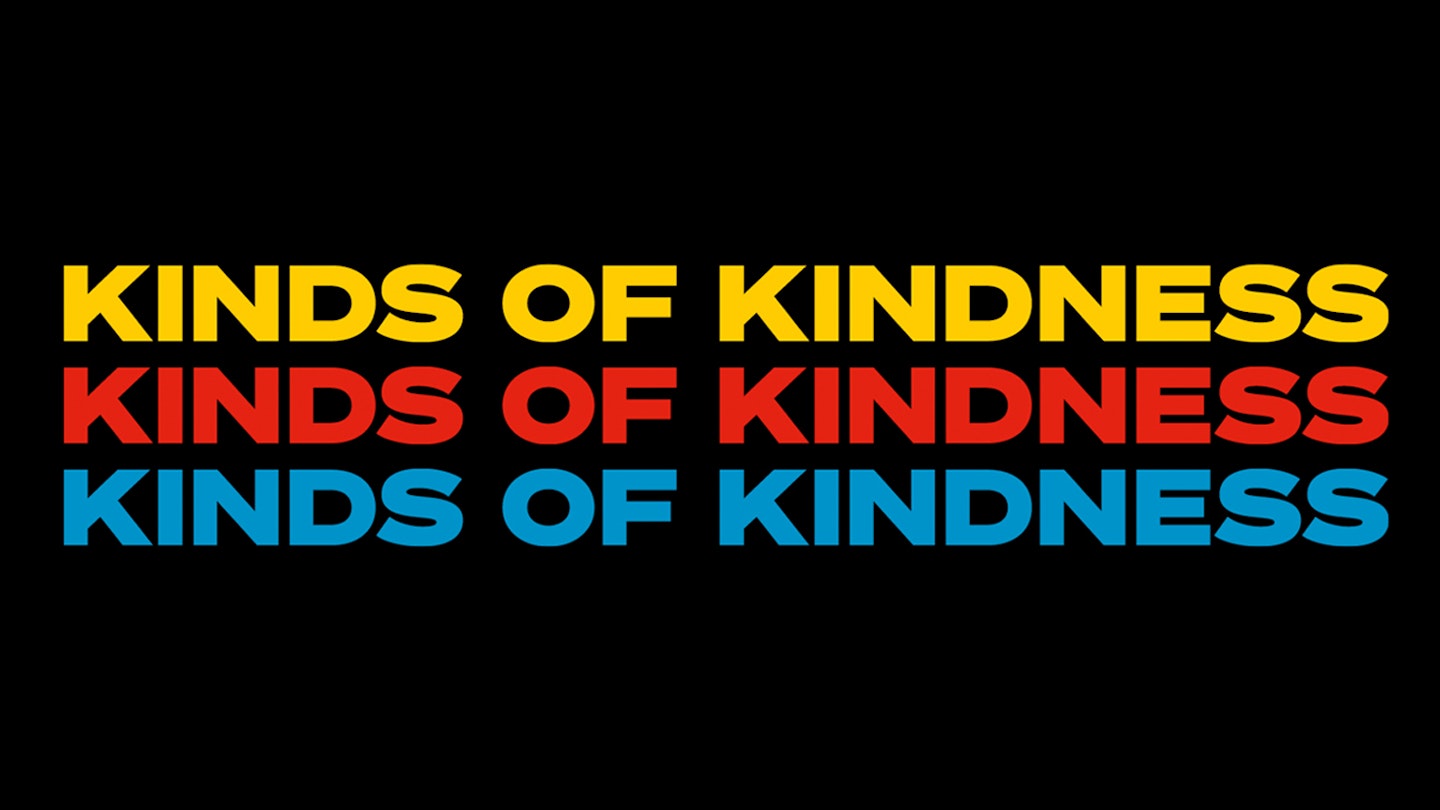With Kinds Of Kindness, his ninth feature film, Greek filmmaker Yorgos Lanthimos reinforces his formidable reputation as one of the great directors of contemporary world cinema. This triptych piece — studded with the characteristically oddball humour, violent shocks and sexual preoccupation of Lanthimos’ best work —is his version of going back to basics. His third consecutive collaboration with Emma Stone is perhaps the most stripped-down of the trio, unadorned by the ornate period trappings of The Favourite and the intricate, Victorian-steampunk production design of Alasdair Gray adaptation Poor Things. It’s shot and set in modern New Orleans, but far from the instantly recognisable Creole architecture of the French Quarter: seemingly prosaic offices, roads and suburban homes are the core locations. As ever with Lanthimos, though, the action is rarely run-of-the-mill.

We open with Jesse Plemons as corporate lackey Robert, meticulously controlled by all-knowing boss Raymond (Willem Dafoe). Having failed to satisfactorily fulfill Raymond’s command to crash his car into another vehicle at great speed, he refuses to repeat the incident and is immediately ostracised. All of Raymond’s bizarre sporting gifts from Robert, such as a smashed John McEnroe tennis racquet, are removed from his home; his wife Sarah (Hong Chau) leaves him. Bereft, Robert meets Rita (Stone) and eventually gives in to Raymond’s demands. Titled ‘The Death Of R.M.F.’, this opening segment is the strongest of the three, and gives the always compelling Plemons a rare but much-deserved lead role. It also clearly sets out the kind of hilarious dysfunction that follows.
Lanthimos’ long-standing dedication to making gleefully weird work hasn’t changed, but the mainstream seems to have come across to him
Each chapter sees each castmember take on a different role — except for Lanthimos regular Yorgos Stefanakos, who briefly pops up in each section as the silent, peripheral R.M.F., providing the connective tissue between stories. The overarching tone is what unifies the trilogy, too: the surreally dark humour, the careful sense of quiet and the stately pacing is more akin to Lanthimos’ earlier work —particularly Dogtooth and The Lobster (like those, Kinds is co-written with Lanthimos by Efthimis Filippou). It may unfold too slowly for some, but that measured pace gives you adequate breathing time from the many grisly moments of surprise.

Stone, little-used in the first chapter, is brought to the fore as Liz, wife of Plemons’ Daniel (and daughter of Dafoe’s George), in part two. She’s a marine biologist lost at sea for some time —we’re treated to black-and-white flashbacks of her time on a desert island in which she eats a human leg —and things take a severe turn when Daniel suspects ‘Liz’ is, in fact, a doppelgänger. As is often the case with anthology films, this middle section is perhaps the weakest, though there is still much to admire. The performances remain exceptional, with Margaret Qualley and Mamoudou Athie offering sterling support as Liz and Daniel’s gently sympathetic friends. One especially shocking sequence, in particular, is outrageously funny —and remarkably explicit for a major studio outing, even if it’s only fleetingly on screen. (If nothing else, it’s bound to annoy the online prudes who moan about sex scenes in films.)
Finally, Dafoe returns in the final section as cult leader Omi —a role he was born to play, being surely one of Hollywood’s most intense and compelling actors —while Plemons and Stone are a couple searching for a woman who can awaken the dead. Macabre goings-on at a morgue and a devilish sequence involving Stone and a dog are among several highlights in this concluding segment.
Lanthimos, reuniting with cinematographer Robbie Ryan, has created a wild, challenging world of unusual, put-upon people treating each other utterly brutally, which the ironic title belies. If not quite his best work and a touch overlong at 165 minutes, it is still crafted with deep humanity. It’s reassuring that he gets to make such strange, big films with A-listers like Stone, who is again on excellent, risk-taking form. Lanthimos’ long-standing dedication to making gleefully weird work hasn’t changed, but the mainstream seems to have come across to him instead. Ultimately, it’s a Yorgos world and we’re just grinning in it.





